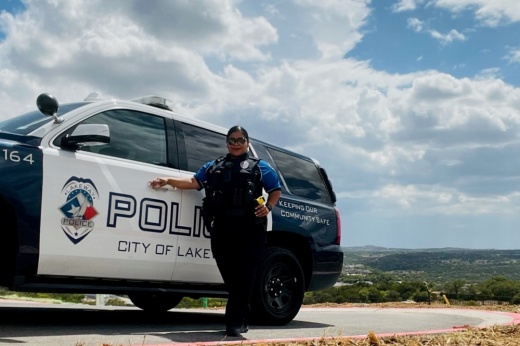The technology has become increasingly popular among Austin-area law enforcement, allowing police to identify license plates associated with criminal activity, Lakeway Police Chief Glen Koen said.
The rundown
Lakeway first installed LPRs inside its fleet patrol cars in March as a part of a pilot program to test the technology. Since then, Koen said the department has identified eight actionable hits, including missing person reports and stolen vehicles.
"Without a doubt this has helped us. Before, the officer would have to make the conscious choice to run a plate, now the system does it automatically," Koen said.
On July 15, the City Council greenlit phase two of the pilot program, which will place fixed LPR cameras at key locations and share the data with other local law enforcement agencies.
So far, the fleet patrols alone are able to capture around 9,000 reads a day, and installing fixed cameras will expand those capabilities, Koen said.
The other side
When first considering the pilot program, council members brought forward concerns about data privacy and sharing.
According to city documents, the information collected by the city's LPR cameras will only be accessible for "official criminal justice purposes," and the data retention period cannot extend past 191 days.
What's next
Koen said the process could take two to six months to implement, partly depending on which software is chosen.
Flock Security Systems, a company which supplies LPR technology to cities, is a popular vendor that Lakeway, Rollingwood and West Lake Hills are considering.





